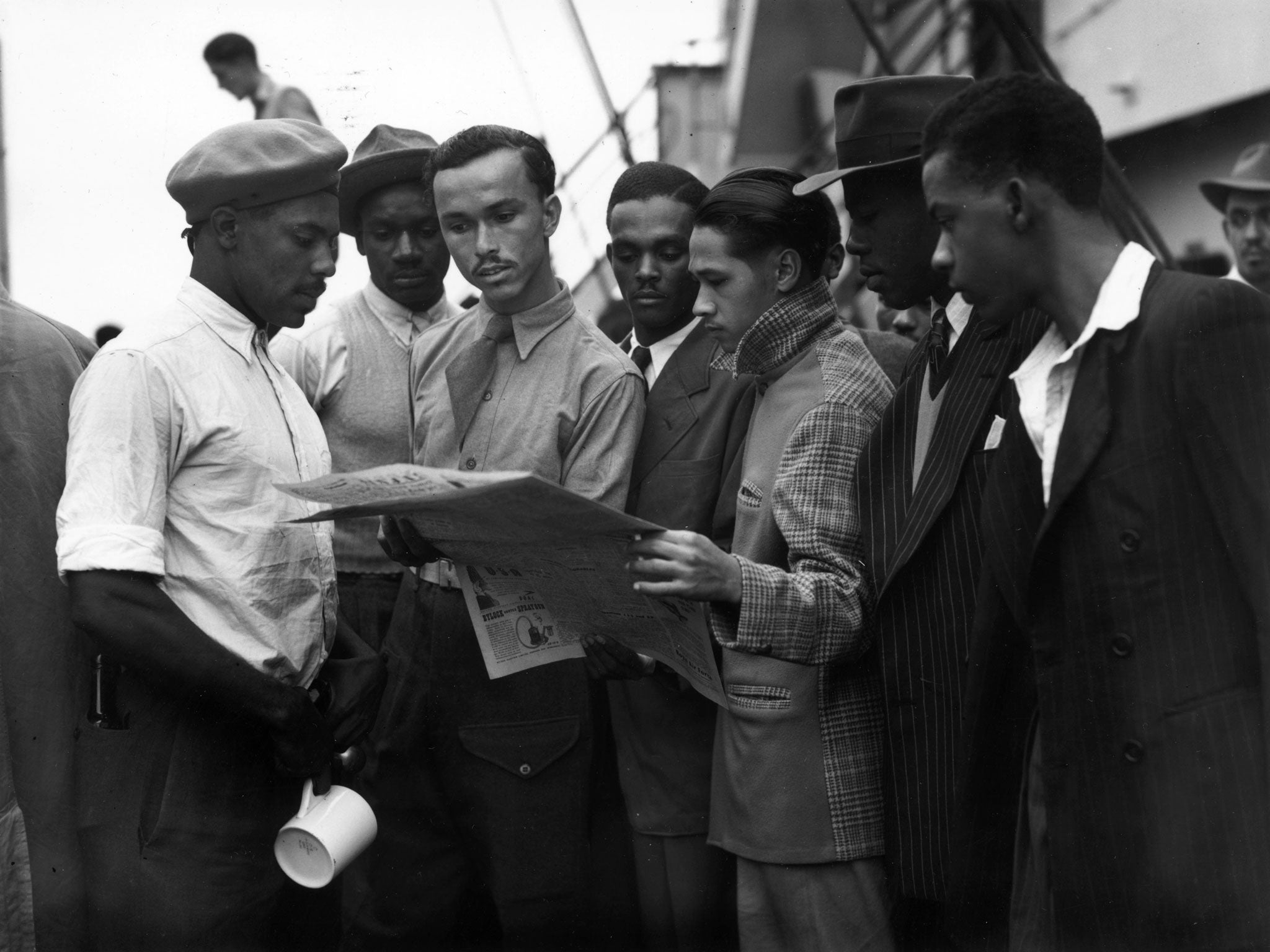Exotic England: The Making of a Curious Nation by Yasmin Alibhai-Brown, book review
Alibhai-Brown describes an outward-looking, positive national psyche

Your support helps us to tell the story
From reproductive rights to climate change to Big Tech, The Independent is on the ground when the story is developing. Whether it's investigating the financials of Elon Musk's pro-Trump PAC or producing our latest documentary, 'The A Word', which shines a light on the American women fighting for reproductive rights, we know how important it is to parse out the facts from the messaging.
At such a critical moment in US history, we need reporters on the ground. Your donation allows us to keep sending journalists to speak to both sides of the story.
The Independent is trusted by Americans across the entire political spectrum. And unlike many other quality news outlets, we choose not to lock Americans out of our reporting and analysis with paywalls. We believe quality journalism should be available to everyone, paid for by those who can afford it.
Your support makes all the difference.Yasmin Alibhai-Brown has thrown down the gauntlet. Her latest book, Exotic England, arrives with a resounding thud, a babble of accents, and a whiff of cumin. The tally-ho announcing it is not so much a call to prayer as a cri de coeur for a longed-for, much-needed, intelligent debate on the current state of multicultural England.
The Englanders, as she calls us migrants now living beneath these watercolour skies, have joined the Anglo Saxons who are, she observes, a curious mix of "duplicitous, remarkable, and truly great people". And, with this finely tuned set of contradictions, with all the verve of an aerialist, Alibhai-Brown proceeds to takes us on a journey across the centuries, from Empire, to the makings of a 21st century nation.
"England," she says, "is uniquely susceptible to Eastern civilisations," and sweeping through this book are the hidden stories of forgotten individuals. From Warren Hastings, first Governor-General of Bengal, who opposed missionary activities in India, proclaiming his love for that country as being greater than that for England, to the MP Rory Stewart, who acknowledges the English are "excited by civilisations of excess, sumptuousness and high emotion…" Englishmen, Alibhai-Brown reminds us, love going abroad: "They who went out to anglicise the world did so, but in the process were mystified and transformed."
Like a cabinet of curiosities that spills out its secrets, we are offered one dizzying example after another of the Englishman's propensity for going native. While closer to home, there comes a veritable shower of examples of the Anglo-Saxon willingness to embrace the arriving migrants.
Just as you are on the point of protesting about such cosily painted pictures, the author abruptly changes tack and another, darker perspective emerges. A terrible indictment, that history of human misery, "which condemns the natives of a country to perpetual servitude, under the arbitrary domination of strangers". (Gibbon)
"The British Empire," declares Alibhai-Brown, "is a ceaseless argument. It is black and white and several shades of grey."
And where there is Empire there is racism. The author herself endured it the early days of her life in England. And when the producer of the TV crime series Midsomer Murders is forced to apologise for calling a picturesque village "…the last bastion of Englishness", Alibhai-Brown is delighted. "I hope the English will forgive him," she remarks, gleefully.
There appears a curious lack of connection, says Alibhai-Brown, "between the rich and cultural traditions of Englishness and its political expression". For me, one of her most powerful points is when she asks, why it is that "definitions of English nationalism have been abandoned to football hooligans and the far right". Has the image of England in fact been turned into useful political propaganda? Could it be that squeamishness, on the part of the vast majority, neglect, and the tentative, self-effacing Anglo-Saxon character, is partly to blame? If, suggests Alibhai-Brown, "we are to beat them, we have to articulate a more inclusive sense of Englishness… especially in times of economic hardship… We have to work through the baggage of Empire".
The story of how we live together here on this island is a fascinating one. Englishness at its best, she claims, is "a way of looking at the world".
You may have misgivings about some aspects of the argument. It will of course depend largely on your perspective, where you live in the country and the circumstances of your life. Yet one feels Alibhai-Brown would not be offended should you take issue here and there. What interests her more is that the non-indigenous inhabitants don't "simply opt out of the debate on Englishness".
The gauntlet is down: Exotic England is here to stay. Alibhai-Brown has opened up an overdue discussion about national pride, cohesiveness and the symbiotic connection, often overlooked, yet so necessary if we are to live in harmony on this island. For this reason alone, such a brave and optimistic book, with its effervescent style, must surely be celebrated.
Roma Tearne's sixth novel, 'The Last Pier', will be published by Hesperus in April
Join our commenting forum
Join thought-provoking conversations, follow other Independent readers and see their replies
Comments